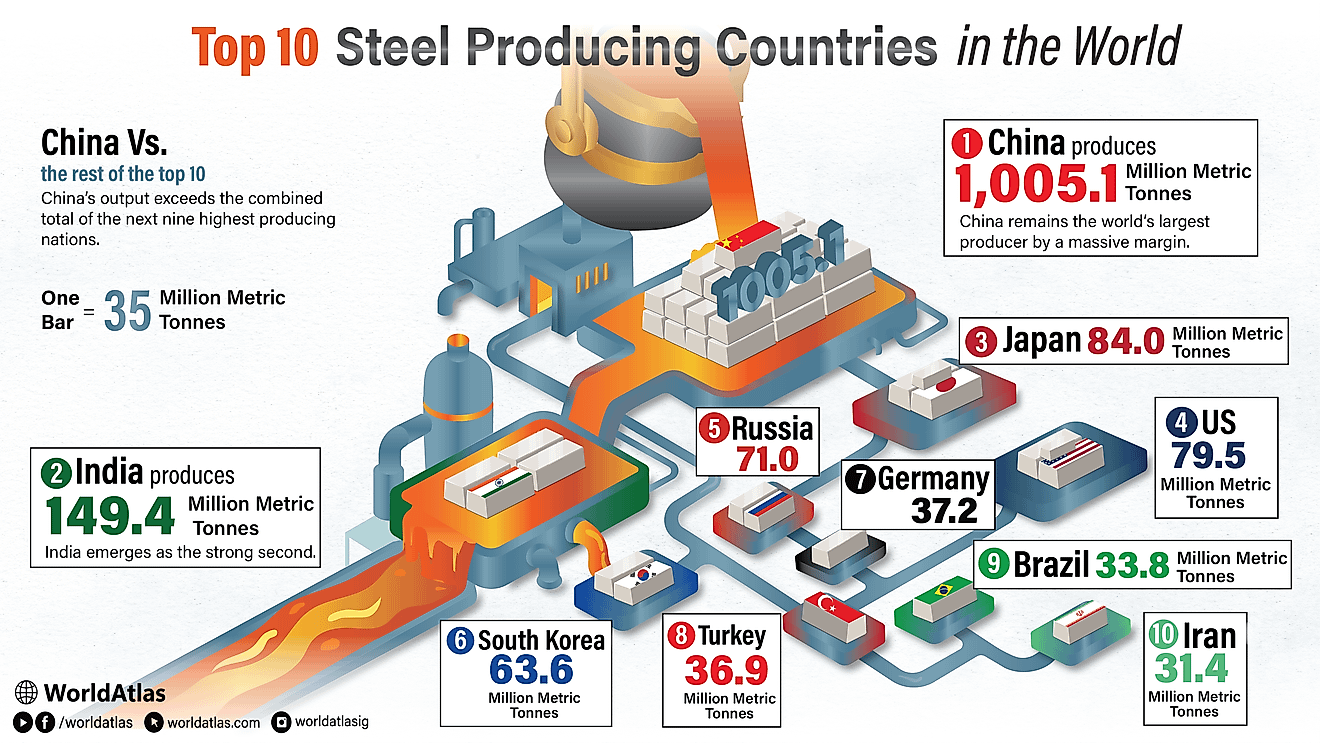What Does Labor Economics Study?

Labor economics is a branch of economics that seeks to examine the functioning and dynamics of the markets for wage labor. Labor is a measure of the work done by human beings. Some economists refer to skills and knowledge as human capital.
History
Historically, economists viewed labor markets as being similar to other markets, such as money and product markets, in that the demand and supply forces also determine the dynamics of labor. The labor market is, however, somewhat different than the product market. In the product market, when the price increases, more products are produced in the long run. However, the supply of labor is almost fixed since human beings have a fixed amount of time which is 24 hours a day. With increases in wages, people tend to allocate more time to leisure activities and the labor
Relevant Applications
The concept of labor economics is widely used in personal economics, and in human resource departments of organizations. This is practically applicable within the individual and across the entire economy. This is because workers do not move fluidly across firms. Wage rates are also to a larger extent set by individual firms and not necessarily according to the
Evolution Over Time
The study of labor economics has evolved from monopsony models in micro-economy into more complex environments involving many employees. The use of technology in the workplace has further complicated the topic. Complex job patterns like moonlighting and part-time working are now part of reality in the current work environment.
Praises and Criticisms
There has been a growing wave of criticism of the study of labor economics. Some economists have asserted that labor market is such a complex matter which has many different dimensions and cannot only be explored using the price only. It also involves the psychological aspect of the individual, religion, and family background. Another issue is ignoring the unpaid labor. This includes unpaid interns and volunteers whose input is crucial in an economy. The home production which involves housekeeping, giving birth, caring for the sick and old, and also breastfeeding are all chores which are overlooked in the labor economics. The issue of wage slavery has also received sharp criticism from socialists. Wage slavery is a situation where a person performs a task due to the financial gains he will accrue from it and not from passion or his free choice.
It has also been argued that the study makes some very unrealistic assumptions. The assumption of perfect information by the employer is entirely unrealistic as no one single employer can have absolute knowledge of the job market. Another assumption is that employees have the ability to move fluidly across firms. This is totally untrue because different firms have different employee needs and the employee, on the other hand, the employees have varied skills and expertise.
On the other hand, proponents of this study have argued that labor economics is important in determining the wages to be paid to laborers. The external factors which may affect labor out are also studied, and this helps in creating a conducive working environment.











